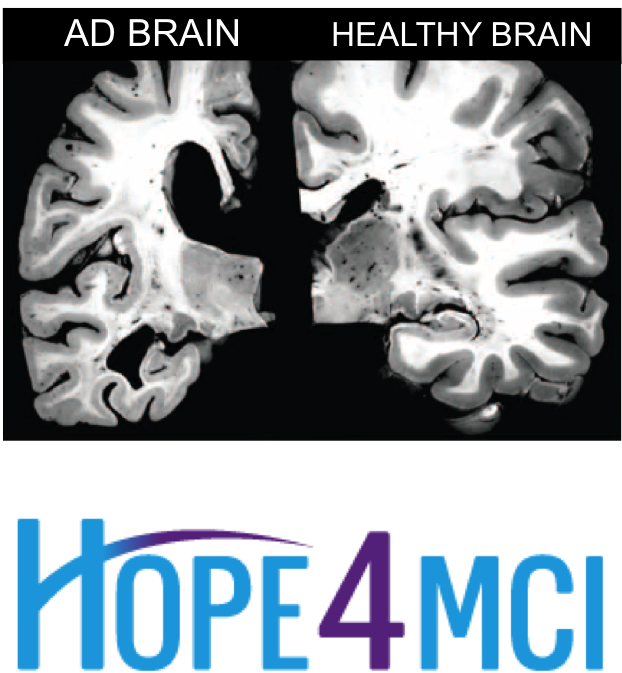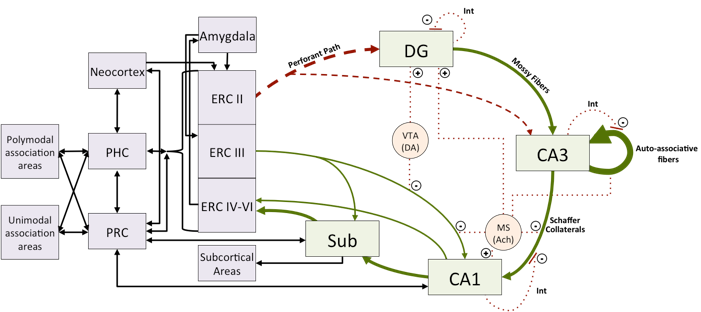-
Research
Our Focus
Our ability to learn and remember new information forms an integral part of human cognition and behavior. Our previous experiences often guide our choices and our ability to maintain a record of our experiences allows us to acquire increasingly specialized skills and knowledge. The importance of memory function in our daily functioning is particularly evident, when memory fails us, as is the case with the increasingly more prevalent instances of Alzheimer’s disease. Research in our lab focuses on the neural basis of human memory function in health, aging and disease.We are currently working on a number of projects in the following areas.


